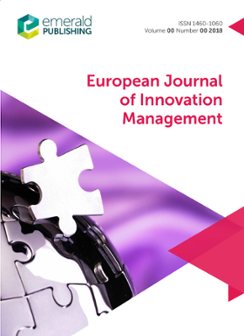Abstract
Purpose
The technology readiness and acceptance model were mostly employed as theoretical bases to analyze tourist behaviors of adoption of innovative technologies that are part of the smart tourism offer. This study attention now turns to the field of smart tourism human resource management and tries to establish a model to explain the relationship between general dimensions of personality with systematic specific dimensions toward ICT acceptance.
Design/methodology/approach
The authors adopted the TRAM model as a way to better understand and evaluate the causal relationships between the personality dimensions, factors of perception, attitudes and behavior of users regarding the acceptance and use of innovative technologies. Based on the empirical data of 478 employees operating in tourist organizations, travel agencies and hotels, the authors employed regression analysis as the basic method for examining the research hypotheses and causal relationships between variables in the presented model.
Findings
The analysis revealed that employees in the tourism sector are inclined to adopt new technology, and that technological readiness has an impact on attitudes and intentions toward the use of technologies. Moreover, the results show that the path between the dimensions of technological readiness and intention to use technologies is to a certain extent mediated through perceived ease of use and perceived usefulness.
Originality/value
This research is among the first empirical studies that examine technology readiness and adoption in the context of smart tourism development. Besides the findings extend the literature on the mediating effect of perceived usefulness and perceived ease of use between technology readiness index and technology acceptance behavior.

